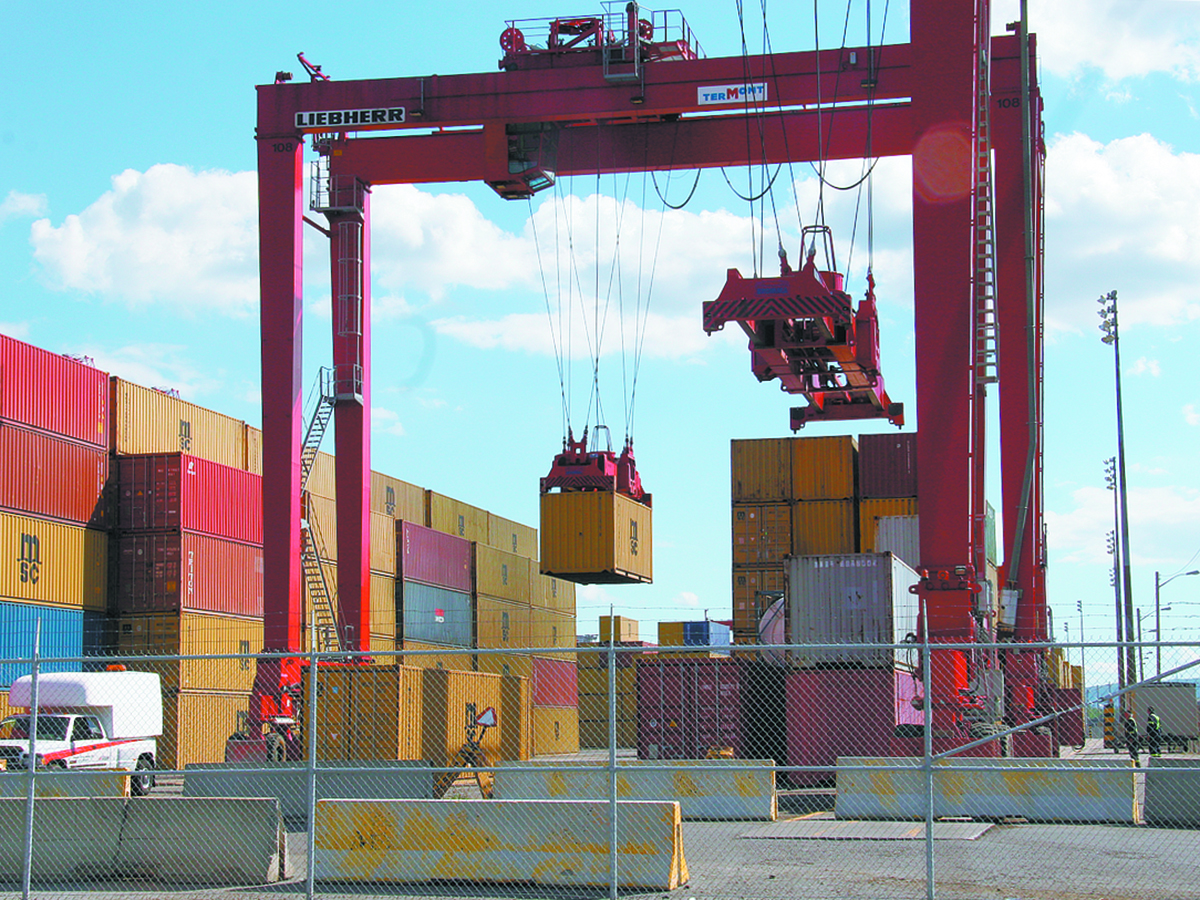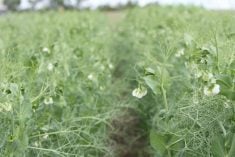Focus shifted from potential barriers to the possibilities created by more sustainable approaches to agriculture
Glacier FarmMedia – While it’s common to view sustainability policies as potential trade barriers, a global forum seeking to balance trade and sustainability goals says it’s equally important to see the opportunities.
“Rather than viewing sustainability requirements as potential trade barriers, policymakers should position them as opportunities to enhance market access and competitiveness,” a new report from the Global Forum for Farm Policy and Innovation (GFFPI) says.
“This shift in perspective can drive the development of trade policies that actively support and incentivize sustainable agriculture.”
Read Also

Phosphate prices to remain high
Phosphate prices are expected to remain elevated, according to Mosaic’s president.
However, success will be predicated on convincing stakeholders to align along common approaches, it says.
Farm policy think-tanks representing four major agricultural exporting regions formed the GFFPI in 2022 to collaborate on a common set of principles balancing global trade and sustainability.
Formed by the Canadian Agri-Food Policy Institute, the U.S.-based Farm Foundation, the Australian Farm Institute and the European Union-based Forum for the Future of Agriculture, the forum is committed to jointly pursuing increased sustainability in agriculture.
It’s chief objective is to head off the unintended consequences when trading nations unilaterally implement sustainability measures that potentially change the flow of trade.
The Policy and Practice for Sustainable Agriculture and Trade report is based on a workshop held this year in Washington, D.C., which brought together more than 70 participants from 17 countries, including government officials, industry representatives and trade policy experts.
“Participants acknowledged that poorly designed policies could lead to trade distortions or exacerbate existing issues,” the report says.
“A key insight was that sustainability initiatives must be practical and aligned with farmers’ goals and local conditions.
“Participants advocated for an outcome-based approach using clear definitions, principles, standards and science-based metrics to bridge global objectives with local realities to achieve this.”
While participants could agree that key indicators such as soil health, carbon measures, water use and biodiversity were the key benchmarks that should be used, they also acknowledged that precise outcomes for these indicators remain elusive.
“The discussions grappled with fundamental questions, including whose sustainability should be prioritized in trade agreements — the exporting country, the importing country or global outcomes?” the report says.
“Participants also explored the tensions and trade-offs between the environmental, social and economic pillars of sustainability.”
In the end, participants called for trade policies related to sustainability to emphasize outcomes rather than the processes used to achieve them and to focus on commonly accepted benchmarks.
Participants also called for the development of a Sustainable Agriculture Trade Framework with clear definitions, science-based standards and guiding principles, which could serve to increase international co-operation rather than foster increased polarization.
In addition, the report calls for increased investment in globally accepted metrics and data management around sustainability, a priority focus on supportive innovation and technology and a commitment to ensuring farmers are engaged in policy development.
















